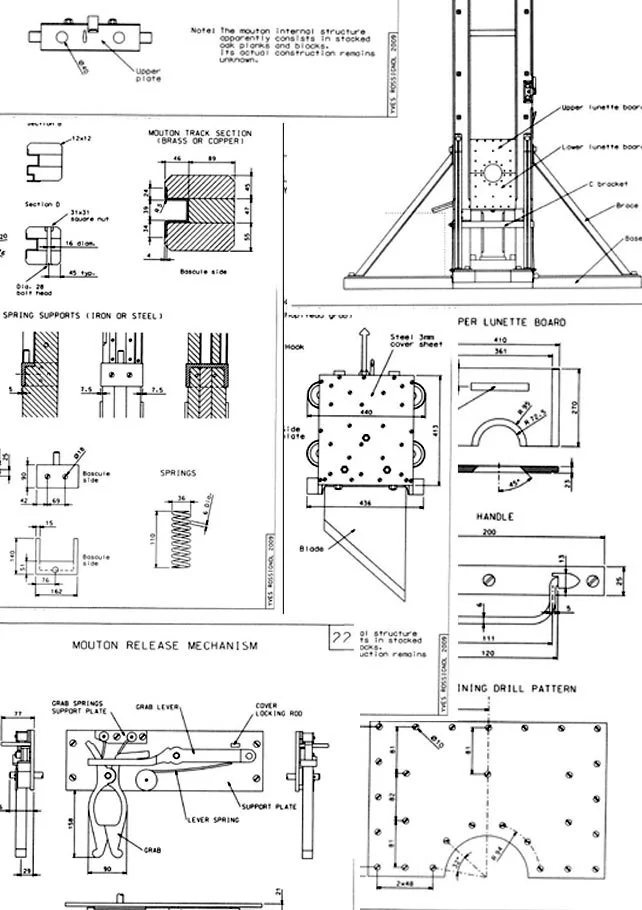The Rundown - November 12, 2025
Charlie Meyer, LLMs Are the Ultimate Demoware:
“LLMs, on the other hand, can provide seemingly excellent results in a demo environment with minimal work. LLMs have a surface level understanding of essentially every domain, and with a bit of prompting, can create an excellent demo for many use cases...However, LLMs are shallow. Outside of the demo, there are very real downsides to consider.”
“The school for inclement weather is a 365-acre refuge and radical observatory set on the banks of an atmospheric river, just above the thermal belt in Kashia Pomo territory in Northern California.
We practice disaster companionship – systems of knowledge and care that emerge from weathering the earth (and each other) amidst planetary demise. Our work asks: as the earth mutates, how must we mutate in return? ”
“There are myriad ways to leverage and reshape AI to improve peoples’ lives, distribute rather than concentrate power, and even strengthen democratic processes. Many examples have arisen from the scientific community and deserve to be celebrated.
Some examples: AI is eliminating communication barriers across languages, including under-resourced contexts like marginalized sign languages and indigenous African languages. It is helping policymakers incorporate the viewpoints of many constituents through AI-assisted deliberations and legislative engagement. Large language models can scale individual dialogs to address climate–change skepticism, spreading accurate information at a critical moment. National labs are building AI foundation models to accelerate scientific research. And throughout the fields of medicine and biology, machine learning is solving scientific problems like the prediction of protein structure in aid of drug discovery, which was recognized with a Nobel Prize in 2024.”








